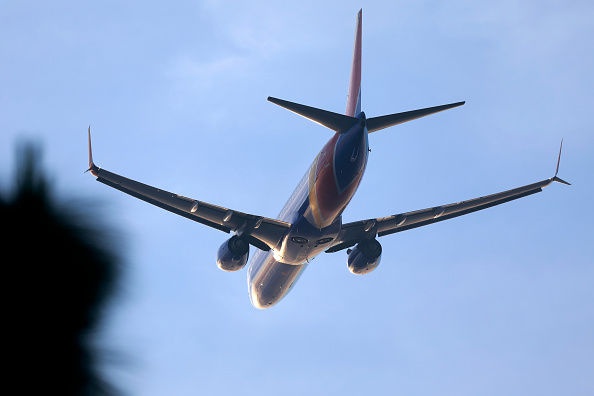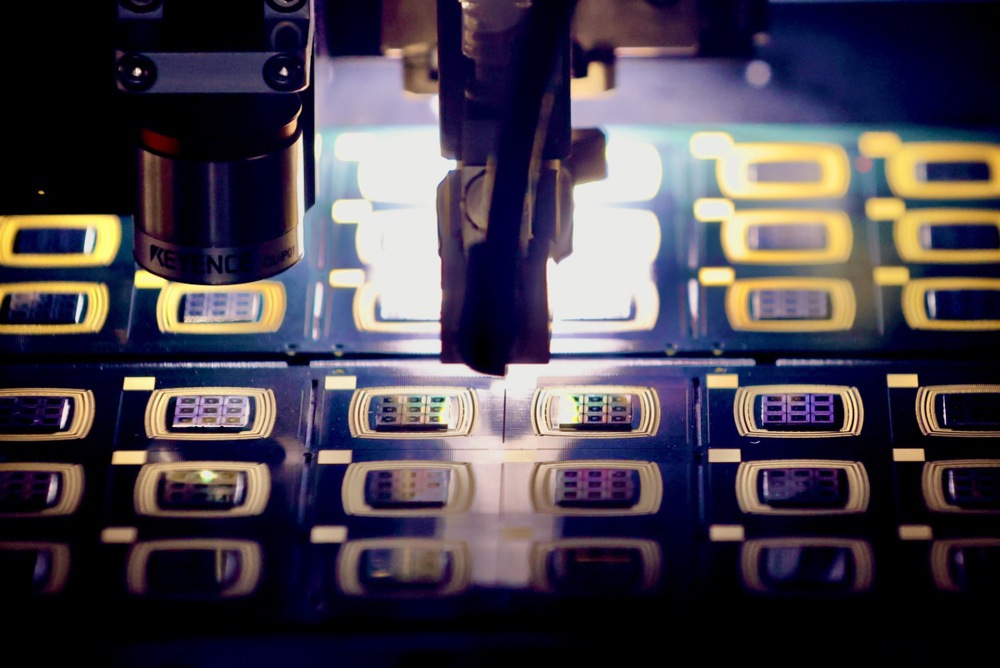The European Union has grown accustomed to the war in Ukraine and was overestimating the country’s resilience, Ukraine’s ambassador to the EU in Brussels said.
Speaking on June 6, Vsevolod Chentsov added that the EU must now decide between serious integration or a looser, more politically convenient partnership.
Chentsov challenged the perception that Ukraine could indefinitely sustain itself under wartime conditions.
He said many in Europe were increasingly viewing the country as strong enough to cope on its own — a potentially dangerous assumption.
“Many people got used to this war from Russia and think Ukraine is strong enough to survive,” he said.
The same day, Brussels officially ended its Autonomous Trade Measures (ATMs) for Ukraine — a wartime suspension of tariffs first introduced in 2022.
While temporary safeguard limits were added earlier this year, the full reinstatement of duties, particularly on agri-food imports, marked a shift in tone.
At an event on economic security in Brussels, Chentsov called the decision “the end” of a facilitation period and questioned whether the European Commission still viewed Ukraine’s integration as a strategic priority or merely a transactional issue.
“The Commission should decide if they want real — not fast but real — integration, or something else,” he said, saying that the current approach risked favouring protectionist interests over long-term political alignment.
Chentsov pointed to agriculture, among the most politically sensitive sectors in the EU, to argue that concerns about unfair competition were overstated.
While critics warned Ukrainian products could distort the internal market, he said the overall trade balance actually tilted in Europe’s favour.
“The trade surplus is for the EU,” he said, citing an €8 billion gap. “People say Ukraine sells all these goods to the EU, but it is not that bad.”
He said the debate often ignored how closely Ukraine was already intertwined with the EU economy and warned against narrowing integration to questions of market access.
“It is not really a question of who sells what to whom,” he said. “We need to understand to what extent we are already integrated.”
“And maybe it is too much for Ukraine to join the EU market … but the threat of the Russian Federation is not only for Ukraine. Because if we fail, who will then help whom? What will happen in the neighbourhood?”
Several other ambassadors at the event voiced support for Ukraine’s path but also noted the practical constraints of aligning with the EU’s highly regulated internal market.
The UK’s ambassador to the EU, Lindsay Croisdale-Appleby, said that despite understanding the political pressure in some member states, especially regarding agriculture, the UK saw economic integration with Ukraine as a strategic asset.
“We believe that for all European partners, Ukraine included, economic integration makes Europe more competitive,” he said. “We are competitors, yes, but competitors between frameworks.”
He argued that common rules, not protectionist exceptions, were what allowed integration to benefit both sides.
“The EU integration processes provide this set of rules that ensure that competition here brings competitiveness to everyone,” he said. Citing examples including food and steel, Croisdale-Appleby said supply chains can be aligned without distorting markets, if standards are mutually recognised.
“We want an agreement on food exchanges because we have the same standards and we will prove to the EU that we will not disrupt their market.”
Agriculture was central in the discussion for the EU, where differences between member states have sharpened.
Countries including Poland, France and Hungary have argued that cheap Ukrainian produce was undermining their domestic sectors, pushing prices down and putting farmers at a disadvantage. They have pushed for tighter controls, particularly on cereals and poultry.
Others, including the Baltics and Nordic countries, viewed open trade with Ukraine as a strategic necessity and said that market disruption could be managed within existing EU instruments.
Norway’s ambassador to the EU, Anders H. Eide, agreed on the value of alignment, although from outside the bloc. He described Norway as “as integrated as possible” without being a member, taking on most EU legislation and meeting monthly to adopt new rules.
Speaking to Brussels Signal, EIde said that Norway’s own decision to remain outside the EU was driven by sovereignty concerns, not economics.
“We are a very recent democracy. We were under neighbouring countries for a long time, and now we just started being sovereign,” he said.
Eide acknowledged that, in Norway’s case, full membership would be complicated by its protection of agriculture, given the difficulty of food production in its climate.
“We have a lot of tariffs surrounding our agricultural production,” he said, noting that such constraints may not be compatible with EU frameworks, a possible parallel to today’s debates on Ukraine.
According to Reuters, EU lawmakers reinstated tariffs following sustained lobbying from several member states, citing domestic strain in sectors like poultry and grain. Ukrainian officials have expressed concern the decision could complicate accession talks and weaken incentives for long-term reform.
For Chentsov, though, the issue was less about tariffs themselves than the political signal they sent. “The EU should decide if it’s prioritising the interests of certain groups,” he said, “or focusing on the broader political picture.”
Under the renewed regime, Ukrainian poultry, eggs, sugar and other sensitive agricultural goods would once again be subject to EU import tariffs and quotas, after more than two years of open access. The measures were reintroduced following pressure from several member states, notably Poland and France, amid ongoing protests by farmers concerned about market disruption.
While Kyiv has signalled its disappointment, the EU has included a mechanism allowing for emergency safeguards to be triggered again should imports surge beyond a fixed threshold.
Brussels has also left room for future revisions of the regime as Ukraine progressed toward accession.
Still, Ukrainian producers now faced significantly tighter margins, particularly in sectors such as grain and poultry, where competitive pressures were highest.





